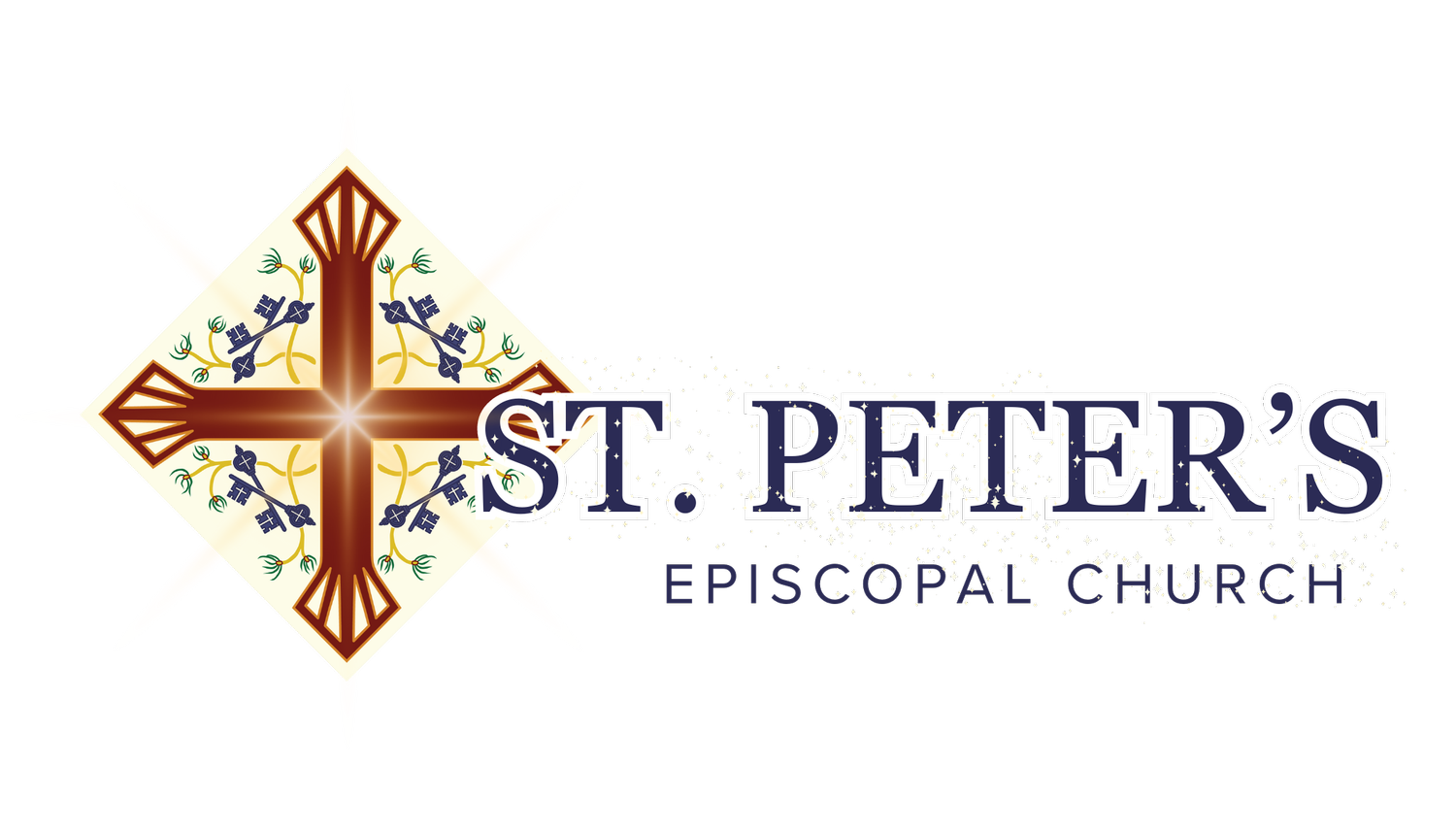The Discipline of Delight
Lent 1 Sermon
-
[00:00:00] The vibes are not good. That's sort of been the refrain of many of the Think pieces I've been reading lately. Columnist David Brooks has described it as a zeitgeist of doom. The kind of pessimism that keeps us angry, indignant, and despairing. There are probably hundreds of ways to explain this cultural phenomenon, some of them truer than others.
I imagine we all have our theories about why that might be. But when things seem dark, I do think it's important to seek out and to recognize joy, not as a distraction or certainly not as a way of putting our heads in the sand, but as an antidote to cynicism and to despair. Joy is not a trivial thing.
Back in 2016, the poet and essayist Ross Gay decided on his birthday to make a daily [00:01:00] practice of writing a brief essay, or what he calls essayettes, on the subject of joy and delight. When he began this discipline, Ross Gay thought that he would have to look really hard and scrounge for delights to write about.
But as time went on, he noticed that his attention had become cultivated, such that there were delights everywhere he looked. Gay has written poetic and philosophic essays about hummingbirds, high fives, tomato plants, and nicknames. And as I've been reading Gay's work, I've noticed that my attention is being cultivated too.
I too am noticing delight more and more. And I would be curious what delights you. The other day I saw a rainbow. One of nature's most lovely and surprising delights. And I did what we all do when we see a rainbow. [00:02:00] I stopped, I looked, I marveled, and yes, I thought of God's covenant in Genesis 9.
The flood story, a. k. a. Noah's Ark, is familiar to most of us. Strangely, it's one of the first stories we teach to children, but it's not a children's story. It's apocalyptic. If you haven't revisited the story since your own nursery school days, I encourage you to read it again, or alternatively, you could go on YouTube and find a recording in which the actor Orson Welles appears on the Dick Cavett show in 1970.
He was there that evening to perform a reading based on the Noah story.And I know it's hard to imagine scripture getting a prime time slot on late night television today. But if you get a chance to watch it, you'll see what gripping [00:03:00] television it is. I won't try to imitate Orson Welles, but this is how the monologue ends.
"Now that the storm was over, up in the sky there was a rainbow. And God said, 'Look, I set my rainbow in the cloud. It shall be for a token of the covenant between me and the earth that never, never shall the earth be destroyed by me. The rainbow shall be in the cloud, and I, the Lord, will look upon it, that I may remember the everlasting covenant between me and every living creature.'
So the rainbow is God's promise. Never again to destroy what he created. A contract printed up in all the colors there are. And if ever again, he shall feel tempted to call it a bad job, and blow us all up, or wash the whole world away into darkness. Then in the [00:04:00] sky will be his rainbow, like a string on God's finger, to remind him.
From now on, he's left the whole thing in our hands. The earth, and all that grows on it. And everything that lives on it in our hands, only we can destroy it."
Now, this monologue was delivered, as I said, in 1970, but it resonates perhaps even more powerfully in 2024. Yes, the waters of the great flood in Genesis receded. And yes, God made a promise never to destroy the earth again. But it is also true that there was massive flooding right here in San Diego just two weeks ago. Flooding that has displaced people from their homes, carried cars down the streets, and those most affected were low income communities [00:05:00] of color.
We should ask ourselves, what is our part of the covenant here? What promises do we need to return to? What is our collective responsibility to all living creatures?
And as we ask ourselves this, we would be wise indeed to also remember how much trust God has placed in us.
But as an old professor Troger, has written, God does far more than promise not to destroy us. In fact, we know from scripture that God will pursue us with grace and love. God persistently supplies us with resources to move from brutality to compassion, from violence to peace, from a zeitgeist of doom to [00:06:00] embodying the holy vision of a transformed world.
And what if, what if one of those God given resources is in fact delight? Is it any coincidence that the sign of God's covenant is a rainbow? Just think of the last time you saw a rainbow. Last week, right? We're very lucky. We get to see rainbows all the time, but every time it is a sign of hope, beauty, amazement.
Perhaps making a discipline of delight is just what we need to snap us out of the trance of doom, despair. Or just plain old crankiness. Imagine delight as a string on your finger. A reminder of God's mercy and goodness toward us and toward all living creatures. A reminder that we [00:07:00] are made to delight in God as God delights in us.
Amen.
